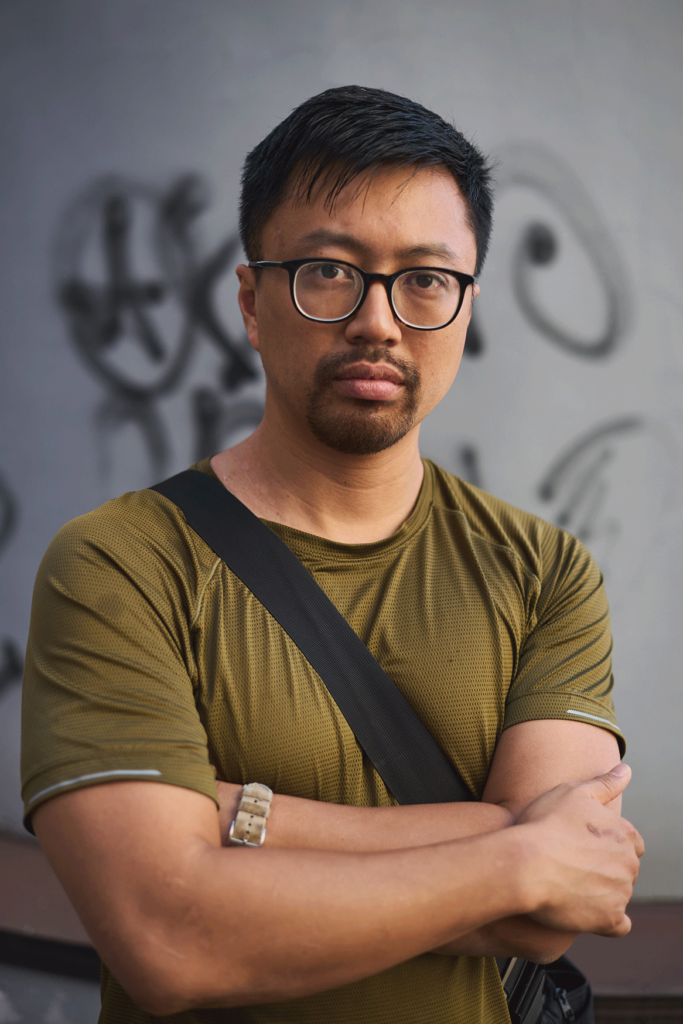Thousands of miles away from his native Vancouver, journalist Tim Mak is on the Counteroffensive

A Shahed kamikaze drone hurtles over Canadian-American journalist Tim Mak’s Kyiv apartment. It’s February 2025, three years into the raging war. A few days later, shrapnel from a shattered air defence interceptor rains down on the downtown office housing his young news organization, The Counteroffensive. Taking to Substack, Mak appeals for help from his mailing list, whose paid subscriptions help his team get the equipment they need to stay safe. At work, power outages, air alerts, and threats to life are daily considerations for the organization’s team of seven.
Launching a media business in Kyiv at the start of the war might seem a little risky, but thanks to Mak’s grit and sense of purpose, over 142,000 people subscribe to The Counteroffensive’s reporting. “There hasn’t been a day I haven’t felt like I’m doing what I should be doing,” says the former NPR investigative reporter. “That’s what motivates me.”
While a Moscow autocrat, an orange menace, and Europe’s divided leaders argue over Ukraine’s fate, the ordinary citizens who never asked for war with Russia carry on. At The Counteroffensive, these are the people that become the story: Ukrainians sneaking out of the country for the World Cheese Awards help to explain the intricacies of European dairy import controls; two friends’ love of K-pop tells the story of how South Korea has provided more 155-millimeter artillery shells than all of Europe combined; the undisclosed, rising number of Ukrainian soldier casualties is lived and breathed through the grieving, soon-to-be mother whose child will never know their father.
Because mainstream war reporting tends to be matter-of-fact, Mak says—“the frontline moved from this place to this place, this number of attacks happened”—he decided on a different approach. “People do human interest stories from Ukraine, of course, but all of our news-telling comes through human interest stories.”
Mak’s Kyiv reporters have responded and feel a personal bond. “It’s not only work, it’s a special mission for Tim,” says managing editor, Myroslava Tanska-Vikulova. “He is trying to help us with everything. I really feel like Tim is family.” Oleksandr Matviienko, a reporter with Counteroffensive Pro, an offshoot publication focusing on Ukrainian defence innovation, says Mak expects a lot from his team. “He wants from us that we will be not just regular good journalists, we should be the best journalists.” What drives Mak is simple, says Matviienko. “He just fell in love with Ukraine.”
As Ukraine resists the power brokers who try to control its fate, Mak’s goal is to keep the world from forgetting Ukraine, and believes his news organization can play a small role in the global fight against authoritarianism. As journalists, we dream about getting the story from those who live it and standing up to the bad actors of the world. It’s hard to think of a Canadian journalist who lives that reality more than Tim Mak.
About the author
Livia is in her final year of the Master of Journalism program and works on the Review’s senior editorial team. She is an associate producer at CBC Radio and has freelanced as a science writer. Livia is interested in art, science, current affairs, and stories that take a big perspective on the long, ongoing journey of humanity. When she’s not working, she loves listening to music, visiting art galleries, and spending time in nature.

